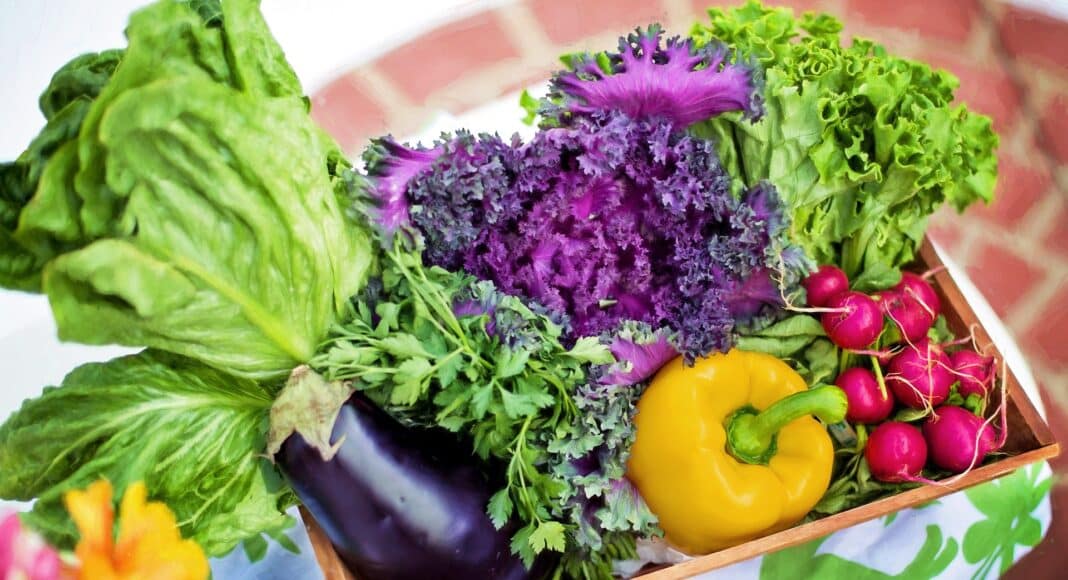Betalains are pigments responsible for the colour in some fruits and vegetables, red-violet (betacyanin) or yellow (betaxanthin). They are naturally occurring in fruits and vegetables. Commonly used as food colouring agents, betalains are water-soluble and nitrogen-containing. Research has found a strong antioxidant potential for betalains, according to a release. Betalains are currently only found in plants of the order Caryophyllales and higher fungi, but metabolic engineering is being explored to modify cultivable non-Caryophyllales plants. After modification these plants will have enhanced production and scalability of these pigments making them have the potential to be health foods and combat various diseases.
There has been development of transgenic betalain-accumulating plants for years, but their healthcare food resources still need to be further studied.
A collaborative research team from Tokyo University of Science (TUS) and Iwate Biotechnology Research Center, Japan, is being led by Professor Gen-ichiro Arimura from TUS to address this research gap. They attempted to genetically modify potato and tomato plants to make the plants product betacyanin. The team tested the therapeutic efficacy of betacyanin producing tomatoes and potatoes against murine models of colitis and inflammation-inducing macrophages. The team’s findings were published in Biotechnology & Bioengineering on Jan. 26, 2023.
Arimura said, “We successfully engineered potato tubers and tomato fruits to co-express betacyanin biosynthesis genes [genes for CYP76AD1 from Beta vulgaris, DOD (DOPA 4,5-dioxygenase) and 5GT (cyclo-DOPA 5-O-glucosyltransferase) from Mirabilis jalapa] under the control of suitable promoters. This enhanced the endogenous accumulation of betanin and isobetanin — two common types of betacyanin — in these transgenic vegetables. The accumulation of these pigments made them appear dark red in colour upon maturation, as compared to their wild-type counterparts.”
The research team tested the therapeutic efficacy of these transgenic plants in macrophage-like cells (RAW264.7), following immune response stimulation by lipopolysaccharides (LPS). This was tested because macrophages play a role in many inflammatory diseases. The team observed that the transgenic tomato fruit had higher anti-imflammatory activity compared to their wild-type plants. They correlated this to the decrease in the LPS-stimulated transcription of the proinflammatory cytokine gene — a Tnf-α gene, within transgenic cells.
“These findings were in line with the anti-inflammatory effects of transgenic tomato that we observed in the intestines of murine models with dextran sulfate sodium (DSS)-induced colitis. A marked improvement in their body weight loss and disease activity index was observed through the suppression of the DSS-stimulated transcription of proinflammatory genes – genes for Tnf-α, Il6 and Cox-2,” added Arimura, while commenting on the results derived from another experiment involving mice.
The additive and synergistic action of betacyanin in natural fruit boosts the amelioration of colitis in murine models. Anti-inflammatory impacts were seen with transgenic tomato extracts at 100–1000-fold dilutions, but transgenic potatoes did not have the same impact even though there were large amounts of betanin and isobetanin. Transgenic potatoes have unknown antagonists present which work against the betacyanin’s anti-inflammatory functions which is a potential reason why they did not have the same impact, but that is unconfirmed.
“Tomatoes genetically engineered to produce betacyanins were found to have substantial health promoting effects. Although natural plant sources of betalains such as beetroots exist, these pigments demonstrate poor stability in high temperatures and extreme pH. This indicates that betacyanin producing transgenic tomato lines are more likely to be effective as health foods when ingested in their raw state,” said Arimura.
“Although there is no commercial cultivation of edible genetically modified crops in Japan, we expect that their applications as health foods through production in enclosed plant factories and other facilities will lead to the widespread use of recombinant plants in Japan,” added Arimura.
Betalain engineering has the potential to improve the commercial production of foods by boosting the food supply and having foods with added health benefits.
Related Articles
Antidiabetic Properties Found in Purple Potatoes











